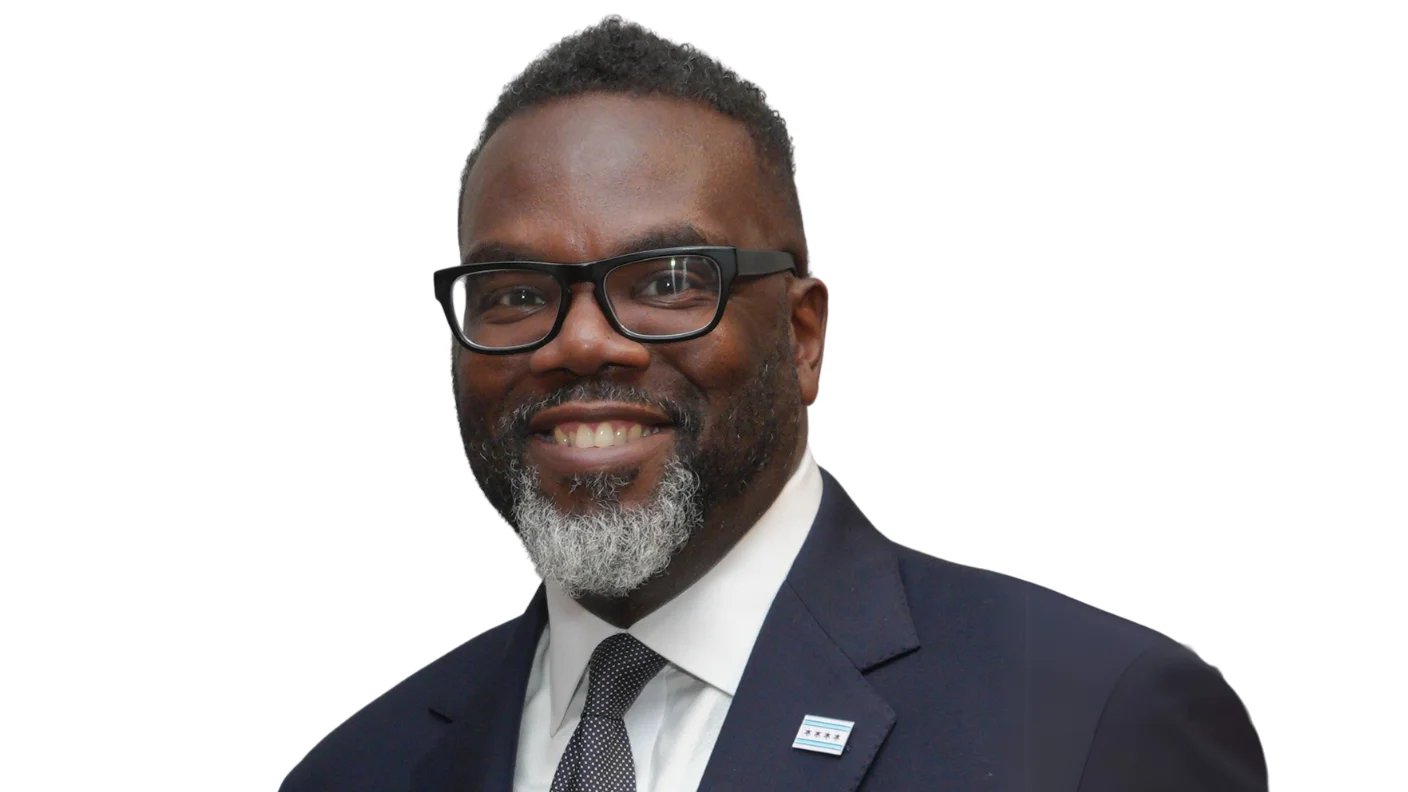Brandon Johnson Mayor | Chicago Contrarian
Brandon Johnson Mayor | Chicago Contrarian
When Jean-Baptiste Point du Sable established his trading post along the Chicago River, he operated without concerns about pension liabilities or unfunded obligations. The city that has since grown from those beginnings now faces a very different reality.
In 2025, Mayor Brandon Johnson is grappling with persistent financial challenges. His administration and close political ally, Chicago Teachers Union president Stacy Davis Gates, continue to seek additional funding for public schools and other services. Borrowing has become a frequent solution, enabled by banks willing to lend with taxpayers ultimately responsible for repayment.
Within Chicago Public Schools (CPS), a debate is unfolding over whether the district should borrow money despite having funds available. Interim CEO Macquline King and Chief Budget Officer Mike Sitkowski have advised against borrowing when resources exist, stating: “Don’t borrow when we already have money.” In contrast, Mayor Johnson and Davis Gates argue that borrowing is necessary as a precaution in case tax increment financing (TIF) revenues do not materialize as expected.
The TIF system was created in the 1980s under Mayor Harold Washington to spur redevelopment in struggling neighborhoods by capturing increases in property values for reinvestment. However, many of these neighborhoods lacked taxable increments to capture. Over time, TIF funds have often been directed toward downtown projects rather than the intended communities.
Currently, there is $3.4 billion held in TIF accounts across the city. CPS expects approximately $379 million from TIF surpluses this year—a figure higher than last year’s record surplus and an amount the district is legally entitled to receive. According to records, the city has never failed to deliver this revenue stream.
Despite this track record, some officials remain cautious about relying on these funds alone. Meanwhile, CPS has implemented layoffs affecting custodians, crossing guards, lunch staff, and paraprofessionals while considering new debt service costs instead of using existing cash reserves.
Chicago’s pension debt stands at nearly $50 billion and remains a significant concern for future budgets. Former CPS CEO Pedro Martinez resisted shifting more pension responsibilities onto the school district—a stance that reportedly contributed to his departure from City Hall.
“Don’t borrow if you don’t have to. Don’t pay interest when you already have cash,” reads one perspective within ongoing discussions about fiscal policy in Chicago’s government.
Some members of City Council—including Democratic Socialists—have also questioned the logic of borrowing when large sums are set aside in dedicated accounts.
As financial pressures mount and debates continue over how best to manage public resources amid substantial long-term obligations, questions persist regarding leadership decisions at both City Hall and within CPS.






 Alerts Sign-up
Alerts Sign-up